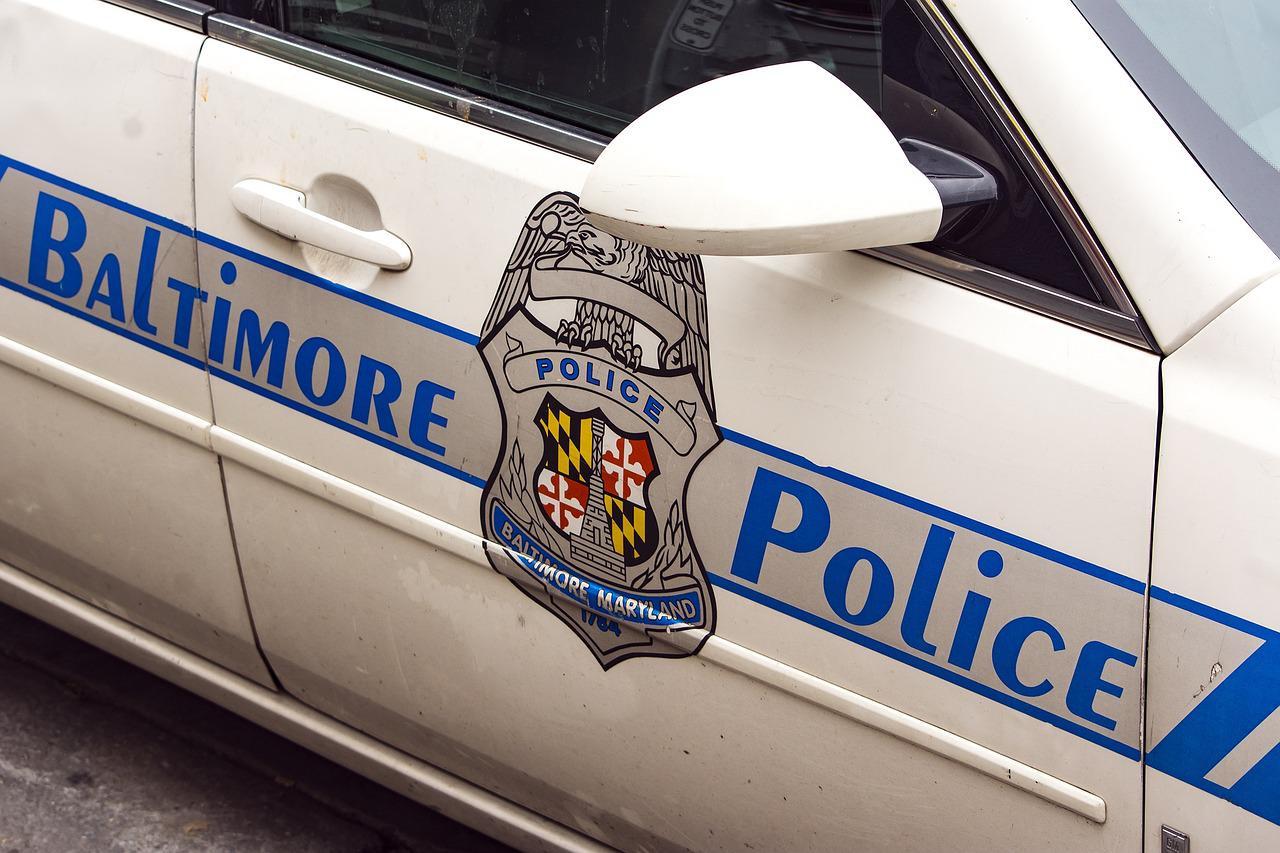The City Council of Baltimore, Maryland must pass its budget by June 25. And a debate is raging among elected officials and the public about how much funding should go to the Baltimore Police Department (BPD). On June 21, local advocacy group Organizing Black demonstrated against the city’s proposed $4.1 billion budget, with its $560 million allocation to police. That’s a $5 million increase in police funding from the last fiscal year, and would make BPD the second largest recipient of city funding after public works.
Organizing Black is demanding that $100 million be cut from the police budget. Of that sum, $30 million would be invested in a trust fund that city residents would collectively decide how to spend on public safety. The remaining $70 million would be spent on community needs like quality housing, education and health care. They also demand that all police be removed from calls related to drug use, mental health or sex work.
Organizing Black did not respond to Filter‘s request for comment by publication time—neither did Baltimore Mayor Brandon Scott nor members of the City Council.
The City Council has had a somewhat back-and-forth relationship with police funding. In 2020, at the height of national unrest surrounding the police murder of George Floyd, then-Councilmember Brandon Scott successfully pushed to cut $22 million from the BPD budget. He went on to win the mayoral election that November. But in 2021, Mayor Scott and the City Council approved a $28 million increase in police funding—canceling out the previous year’s cut and adding more money on top.
This year, discussions between the City Council and BPD Commissioner Michael Harrison have focused on the city’s latest gun violence—with Harrison arguing that his department needs more officers, resources and training.
That’s why some local advocates are managing their expectations over this year’s budget fight. The Citizens Policing Project has been working to advance the goal of defunding the BPD ever since the 2015 death of Freddie Gray, a Black man, in the department’s custody. Ray Kelly, the group’s executive director, told Filter that city lawmakers have consistently opposed this demand—and that advocates currently have to look for other ways to advance justice.
“You have to continue to take baby steps with this process. This is systemic change and we know the system doesn’t want to change.”
Through conversations with city residents, Kelly and his colleagues found that “about 99 percent” of people wanted better schools—that “blighted communities have blighted schools,” as he described it. “We have an opioid epidemic going unchecked,” he added, calling for access to basic mental health and substance use disorder treatment.
Kelly expanded on some of these points in a policy document outlining CPP’s demands. It noted that “it costs almost $40,000” to incarcerate a person with addiction for a year, and asked, “wouldn’t it be cheaper to place that person in inpatient rehab for 30 days?”
These are just some of the many services and resources residents have said they want the city to spend money on instead of police, according to Kelly. But he argues the need to play a “long game”.
“You have to continue to take baby steps with this process,” he said. “This is systemic change and we know the system doesn’t want to change.” For CPP, this has meant pursuing reform through other venues, like the state legislature.
Last year, police reform advocates secured some significant victories. Maryland lawmakers repealed the “law enforcement bill of rights,” a set of special protections given to police officers—like letting the police investigate themselves for wrongdoing. The first state in the nation to pass a cops’ bill of rights, Maryland is now the first to repeal it.
Lawmakers also mandated that all cities and counties create and fund independent “police accountability boards,” require all police agencies to implement body cameras by 2023, and place restrictions on the use of “no-knock” raids. Notably, Governor Larry Hogan (R) vetoed all three of the bills containing these reforms—but the Democratic-controlled legislature was able to override his vetoes.
Change in the city of Baltimore has also come through non-legislative means, like when Baltimore State’s Attorney Marilyn Mosby decided at the height of the COVID-19 pandemic to not prosecute low-level drug possession, paraphernalia and “prostitution” charges. Research on the impacts of Mosby’s policy showed that it reduced pointless arrests and did not increase crime.
“We have to relinquish the structure of the mayor proposing a budget; the goal is to have that process open to the public.”
“Baltimore city also has the opportunity to gain local control over their police department for the first time in over 160 years,” Kelly said. He referred to a law passed by the state legislature in April 2021, that would allow the city to regain authority over the BPD. It has been under the state’s control since 1862.
But city voters have to approve the change through a charter amendment. “That could be a game-changer,” Kelly said. “We’re hoping to get it on the ballot in November this year.”
Ultimately, Kelly is pushing to give city residents a more proactive seat at the table in writing the city’s budget. Instead of reacting to proposed budgets at the last minute, when it’s typically too late to change them, residents would be involved from the very beginning.
“We have to relinquish the structure of the mayor proposing a budget,” he said. “Step one is diversify who contributes to what the budget looks like; the goal is to have that process open to the public.”
Photograph by Bruce Emmerling via Pixabay




